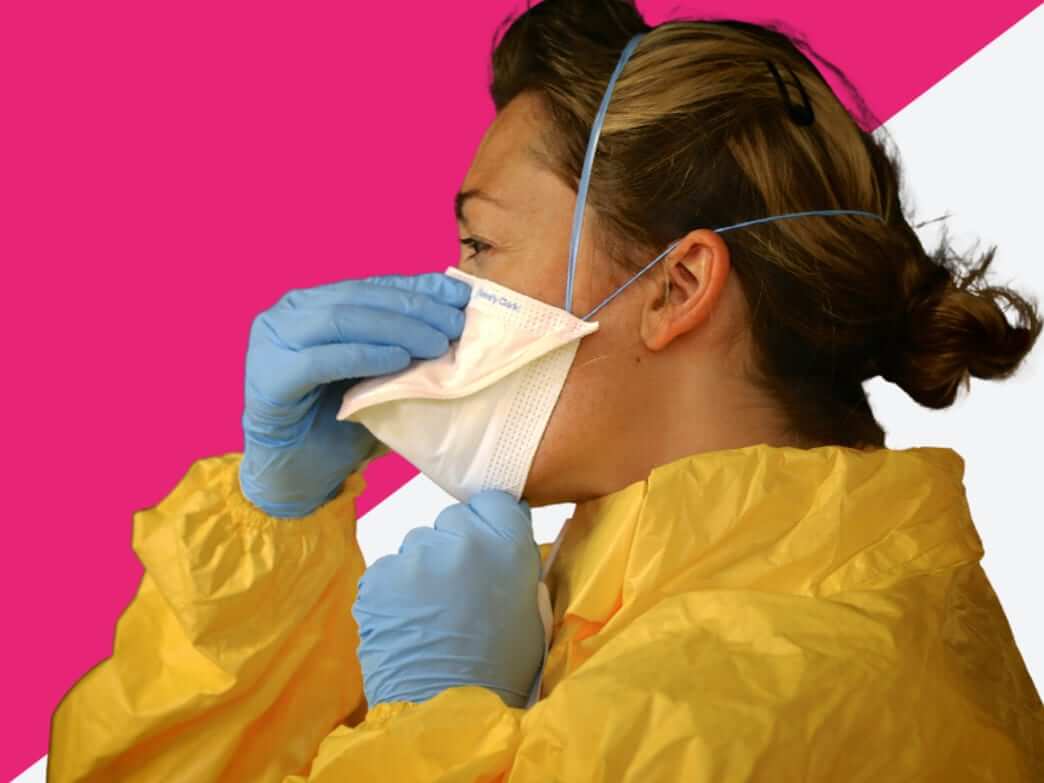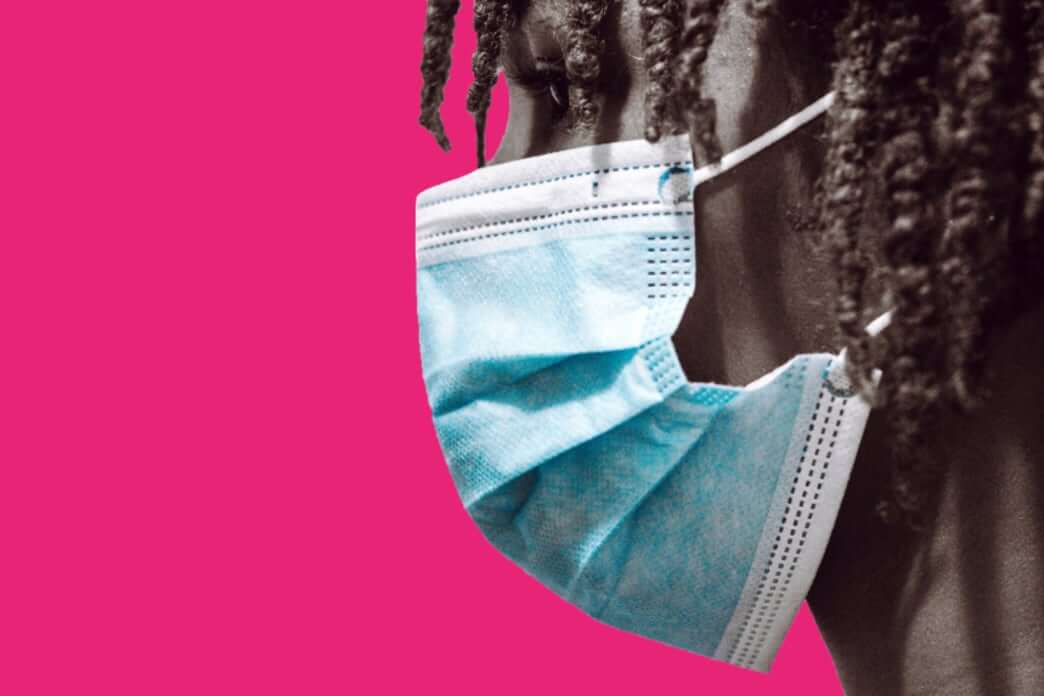Nurses and healthcare providers train to support and preserve life. We train to provide comfort, medical expertise, and reassurance to our patients and their families, which is how we build their trust. We make every effort to involve the families of critically ill patients in the end-of-life decision-making strategies and commit ourselves never to allow a patient to die alone – even if that means we miss breaks or stay late after our shifts. It's what we know we should do, and it's embedded in our nursing DNA.
Yet, in this current pandemic where supplies, equipment, and human capital are at dangerously low levels, healthcare providers are expected to set aside their training and even their humanity to make decisions based on the broader well-being of society and themselves.
Over the past year, media outlets published articles describing nurses and physicians who have, in an effort to minimize their exposure to COVID-19, watched patients die alone behind closed glass doors. They also published articles of nurses and physicians who bravely stood beside dying Covid positive patients. Even healthcare workers in ambulatory and primary care settings, who train to provide coughing and symptomatic patients with a surgical mask, were unable to do so in an attempt to keep supplies for essential workers only.
In a previous perspective piece in the New England Journal of Medicine, the multidisciplinary authors discuss the angst that clinicians are experiencing in other countries. Panels of non-clinical personnel use algorithms to decide not only who gets to be on a ventilator, but who is removed from ventilatory support because they are less likely to survive. Although the U.S. hospitals, especially in cities such as New York (who had a similar plan if needed), had faced critically-low access to ventilators, triage committees had yet to be formed. While harsh, the committees allow for more objective decisions to be made beyond the level of the nurses and physicians, which spares them the broader responsibility and subsequent guilt.
Yet these measures still go against the core of preserving life and dignity. Moving from the "Do all you possibly can" mantra to a self-preserving, "Do your best with the limited and depleting resources, even though you know it's not enough" can have lasting effects on some healthcare workers. This is the essence of moral injury, going against what we know is right and just because of circumstances beyond our control.
We need to broadly address these internal conflicts before we see an uptick in mental distress, PTSD, and suicide rates throughout and after this earth-shattering pandemic. Healthcare workers are physically stressed with overtime due to lack of staffing as their colleagues get ill or refuse to come to work and risk exposure.
Organizations can get ahead of this speeding train by:
- Get real with staff: Be transparent with the information you have regarding staffing levels, PPE supplies, and overall conditions. Be vulnerable with us on your fears and concerns. We can smell false reassurance from a mile away, so don’t bother.
- Be visible: We know that the executive team is making most of the decisions that infuse to the bedside, so we want to see you. Mostly, we want you to see us performing fantastic feats of patient care in never-before-seen circumstances. We’re more likely to buy-in to the initiatives when we know you see our conditions.
- Shine the light in the dark places: Healthcare workers typically avoid sensitive conversations about their feelings in an effort to look strong. If we're making excuses not to attend the EAP group meeting, you may need to have an authentic 1:1 conversation to draw us into a discussion on how we're really coping or illicit an informal peer-leader in the department to connect.
As healthcare workers, we're facing challenges that most of us have never experienced in our careers. Encounters of providing "less than adequate care" to keep ourselves and the community protected goes against our internal moral compass, and it's hurting our souls. We need to identify it, call it by name, and begin to build resilience and structure around it now before it's too late.





